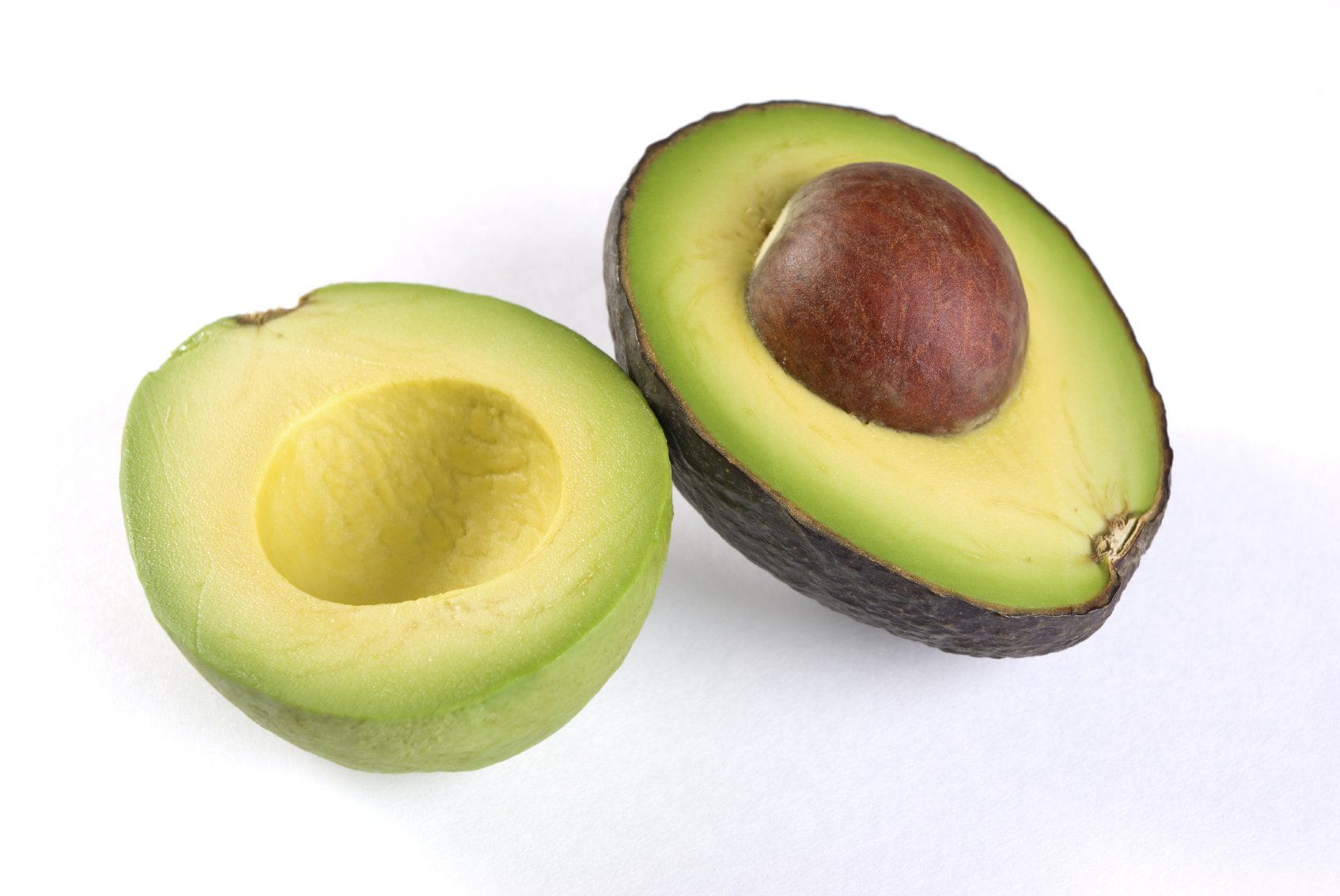Commit to Lifelong Learning
"perpetuam uitae doctrina!"
"Live as if you were to die tomorrow.
Learn as if you were to live forever." Mahatma Gandhi.

Eat a Healthy Diet
Enrich Your Life! We are here to point you in the right direction and cheer you on.
Your lifelong-learning journey will be much more enjoyable and fruitful if you are healthy .

Salmon: Rich in Omega-3 fatty acids,
protein and other beneficial nutrients.

Raspberry: A fruit rich in antioxidants,
vitamins and minerals.

Olive oil: Rich in monounsaturated fats,
antioxidants and other beneficial nutrients.
It is widely accepted that a healthy diet is essential for achieving and maintaining a healthy weight.
Eating nutritious, balanced meals is key for maintaining a healthy lifestyle, as it ensures your body gets the vitamins and minerals it needs to stay strong and healthy.
Healthy eating habits help to prevent obesity and other health problems, such as heart disease, diabetes, and high blood pressure. Therefore, it is important to understand the basics of healthy eating and how it can help you reach and maintain your desired healthy weight.
In this article, we will discuss the importance of a healthy diet in achieving and maintaining a healthy weight.

Avocado. A fruit rich in unsaturated fats which help lower LDL cholesterol. Yes, avocado is classified as a fruit.

Grapes. A fruit rich in antioxidants (to fight against cellular oxidative stress), as well as a large number of other beneficial nutrients.
List of Services
-
The Importance of a Healthy DietList Item 1
Maintaining a healthy weight is essential for achieving and maintaining optimal health. This can be done through healthy eating, physical activity, adequate sleep, and stress reduction.
Healthy eating includes a variety of foods that are rich in essential vitamins and minerals, including fruits, vegetables, whole grains, and lean proteins.
The amount of physical activity needed depends on whether the person is trying to maintain or lose weight. Managing weight can help prevent obesity and also helps to maintain good blood pressure, cholesterol levels, and overall health.
Heart-healthy diets emphasize healthy fats and lean proteins, as well as fruits, vegetables, whole grains, and low-fat dairy. Eating nutritious foods helps nourish your body and nurture your brain.
You may also take supplements for brain health to further support your overall health. Obese persons are at increased risk for many serious diseases and health conditions, so it is important to take care of your health by maintaining a healthy weight.
Helping people maintain a healthy weight is part of the US Centers for Disease Control and Prevention’s work to achieve health equity.
-
The Different Types of DietsList Item 2
A healthy diet is essential for overall health and well-being. But with the overwhelming number of diets available, it can be difficult to know which one is best for you.
Some of the most popular types of diets include:
1. Low-Fat Diets: Low-fat diets are designed to limit the amount of fat in your diet. This type of diet can help to prevent obesity, maintain good blood pressure and cholesterol levels, and lower the risk of heart disease.
2. Low-Carb Diets: Low-carb diets are focused on reducing the number of carbohydrates in your diet while increasing the intake of proteins and fats. These diets have been found to be beneficial in helping people lose weight and maintain a healthy body composition.
3. Heart-Healthy Diets: Heart-healthy diets are designed to reduce the risk of heart disease. They emphasize eating fresh fruits and vegetables, whole grains, fish, nuts, and legumes. These types of diets are also low in saturated fats, trans fats, and added sugars.
4. Brain-Healthy Diets: Brain-healthy diets focus on eating foods that contain essential vitamins, minerals, and antioxidants. These nutrients help protect the brain from damage caused by free radicals. Foods like fatty fish, nuts, berries, and dark leafy greens are great sources of these vital nutrients. Food supplements for brain health are also an option for those looking for an extra boost.
No matter what type of diet you choose, it’s important to take care of your overall health. Eating a variety of nutrient-rich foods and getting enough exercise will help you nurture your brain and body while promoting a healthy lifestyle.
-
Guidelines for a Healthy DietList Item 3
A healthy diet is essential to maintain good physical and mental health. Diet is influenced by a range of social and economic factors, such as income, food prices, individual preferences and beliefs, cultural traditions, and geographical and environmental aspects (including climate change). To ensure that people have access to nutritious and affordable food and can make healthy dietary choices, promoting a healthy food environment requires the involvement of multiple sectors and stakeholders, with governments playing a central role.
In order to create a healthy food environment, policy-makers should consider implementing effective actions such as promoting a diversified, balanced and healthy diet and enabling people to adopt and maintain healthy dietary practices. Such actions can help prevent obesity, maintain good blood pressure, promote a heart-healthy diet, provide food supplements for brain health, and overall take care of your health.
No matter what type of diet you choose to follow, it’s important to nurture your brain with the nutrients it needs to function optimally.
Eating well-balanced meals with whole foods will ensure that you are getting the vitamins and minerals necessary to support a healthy lifestyle.
Nutrient-rich foods like fruits, vegetables, nuts, legumes, lean proteins, and whole grains are important components of any diet. It is also beneficial to supplement these foods with other nutrient sources such as fish oil, probiotics, and herbal teas.
These food sources help to prevent obesity and maintain good blood pressure while supporting a heart-healthy diet. Additionally, adding food supplements for brain health into your daily routine can also be beneficial in taking care of your overall health.
Taking the time to nurture your brain with proper nutrition is vital for ensuring long term cognitive health and well being.
-
Foods to Eat and AvoidList Item 4
A healthy diet is essential to take care of your overall health, maintain good blood pressure and prevent obesity. Eating the right foods helps nurture your brain and promote better brain health.
A heart-healthy diet, which focuses on consuming nutrient-dense foods, can be beneficial for both your physical and mental health.
Here are some foods you should include in your diet:
-Leafy green vegetables such as spinach, kale, collard greens, swiss chard
-Nuts such as almonds, walnuts, and cashews
-Oily fish such as salmon, mackerel, and tuna
-Berries such as blueberries, raspberries, and blackberries
-Beans and legumes
-Whole grains such as oats and quinoa
It is also important to add food supplements for brain health, such as omega-3 fatty acids and vitamins B6, B12, and C. These nutrients can help reduce inflammation in the body and boost brain power.
To maintain a healthy weight, it is also important to limit your intake of unhealthy foods. Avoid processed foods high in trans fats, sodium, and added sugars. Examples of these foods include packaged snacks, sugary beverages, fried food, fast food, and processed meats.
By following a balanced diet that includes nutrient-rich foods, you can ensure your overall health and wellbeing. Doing so will help you reach and maintain a healthy weight. Additionally, eating foods like leafy greens, nuts, oily fish, berries, beans and legumes, and whole grains can provide key nutrients that may aid in preventing obesity and maintaining good blood pressure.
Moreover, incorporating certain food supplements for brain health, like omega-3 fatty acids and vitamins B6, B12, and C into your diet can nurture your brain and contribute to taking care of your overall health.
Lastly, forming the habit of following a heart-healthy diet every day has many advantages for long term health and wellness; thus, leading to improved quality of life. In addition to this, ensuring that you monitor your calorie intake from daily meals can go a long way towards helping you achieve and maintain a healthy weight. Incorporating more low-calorie nutritious foods in place of higher calorie meals could result in greater success when trying to lose or manage your weight.
Of course, exercising regularly is another crucial component for achieving a healthy lifestyle; aerobic activity along with strength training exercise can do wonders for overall wellbeing and promoting weight management. Regular physical activity combined with a heart-healthy diet could further support efforts to take care of your overall health, nurture your brain and help prevent obesity as well as maintain good blood pressure levels. All of these strategies combined can certainly lead to an enjoyable healthier lifestyle.
Research and Resources
The World Health Organization (WHO) has developed some guidelines for healthy eating.
Here is an excerpt from the WHO web site:
Key facts
- A healthy diet helps to protect against malnutrition in all its forms, as well as noncommunicable diseases (NCDs), including diabetes, heart disease, stroke and cancer.
- Unhealthy diet and lack of physical activity are leading global risks to health.
- Healthy dietary practices start early in life – breastfeeding fosters healthy growth and improves cognitive development, and may have longer term health benefits such as reducing the risk of becoming overweight or obese and developing NCDs later in life.
- Energy intake (calories) should be in balance with energy expenditure. To avoid unhealthy weight gain, total fat should not exceed 30% of total energy intake (1, 2, 3). Intake of saturated fats should be less than 10% of total energy intake, and intake of trans-fats less than 1% of total energy intake, with a shift in fat consumption away from saturated fats and trans-fats to unsaturated fats (3), and towards the goal of eliminating industrially-produced trans-fats (4, 5, 6).
- Limiting intake of free sugars to less than 10% of total energy intake (2, 7) is part of a healthy diet. A further reduction to less than 5% of total energy intake is suggested for additional health benefits (7).
- Keeping salt intake to less than 5 g per day (equivalent to sodium intake of less than 2 g per day) helps to prevent hypertension, and reduces the risk of heart disease and stroke in the adult population (8).
- WHO Member States have agreed to reduce the global population’s intake of salt by 30% by 2025; they have also agreed to halt the rise in diabetes and obesity in adults and adolescents as well as in childhood overweight by 2025 (9, 10).
Dietary Guidelines for Americans (DGA).
The United States government provides a number of resources and dietary guidelines on their website, Dietary Guidelines for Americans (DGA).


